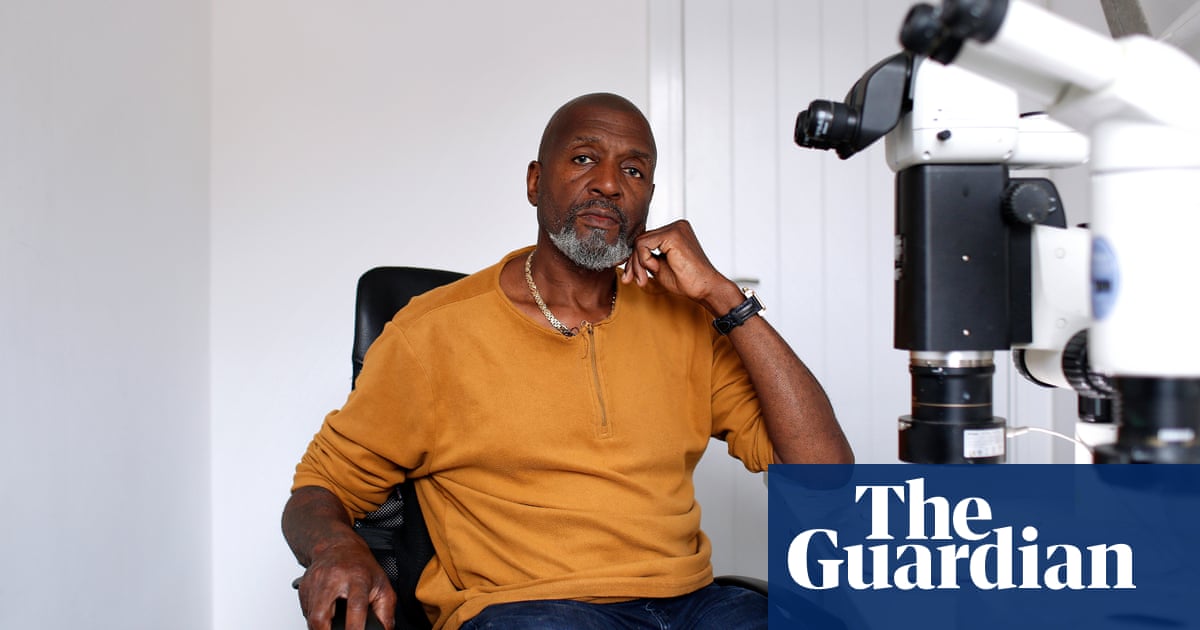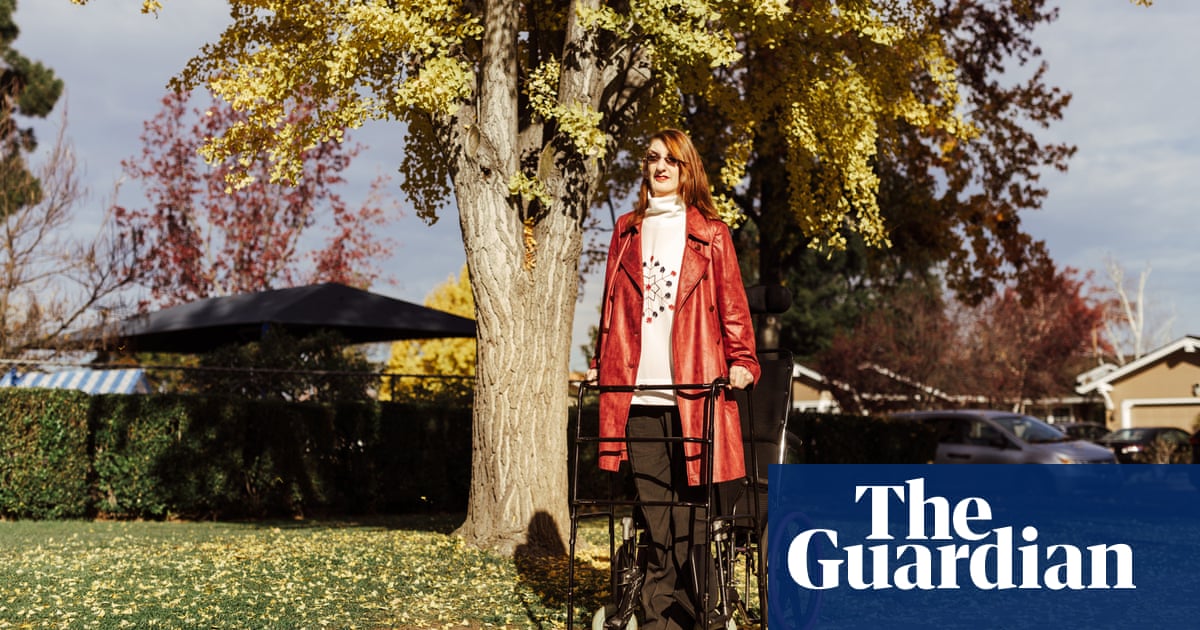
When people wake from a coma, their first questions are usually, “How long was I asleep?” and, “What did they do to me?” It’s my job to fill in the blanks and get them fully functioning again.
I’m a physiotherapist in intensive care at Morriston hospital, Swansea. As a teenager, I was sporty and imagined that if I trained as a physio, I’d get to work with sports injuries. But after graduating, I did stints on the wards, in orthopaedics, paediatrics and critical care. Working with a hospital’s most unwell patients, to help them breathe and rehabilitate, was what I found most rewarding.
People can be in comas for just a few days, or for many months. We have 85-year-olds with chronic lung conditions and 18-year-olds who have been in traffic accidents. While they’re asleep, we clear patients’ chests and stretch their limbs. Once they wake, we get to work rebuilding both their physical strength and their memories. I lead a specialist team that follows our coma patients from intensive care to the ward and back home. Sometimes we’re the only person they see, so being able to connect the pieces for them is vital.
When patients come out of a coma, they are usually in a state of confusion, a side-effect of long stretches on ventilators and a cocktail of pain relief and sedatives. A 67-year-old lady whispered to me the other day that she thought she was in a circus, because we all wore bright, baggy clothes. Others are embarrassed that they’ve got no knickers on and have no idea why they’re in a gown, or can’t move for tubes. For some, the pain makes them fear they’re being tortured or murdered. Older patients have asked if they’re in a prisoner of war camp.
They say being a patient in intensive care is equivalent to running a marathon a day, because the body loses so much muscle from the prolonged time in bed. Once they’re conscious, we’re often climbing up behind patients to help them move again.
Piecing back together what people have missed becomes a huge part of the job, like puzzle-making, with each patient a different puzzle. Some patients don’t remember calling an ambulance, or how they got to hospital. They come round weeks or months later, and it feels like the same day for them. During the first wave of Covid, that meant waking up in an alien world. When they absorbed the scale of the pandemic, their minds were blown.
For Covid patients, more than most, being in a coma was like getting on a train, then getting off to find everything had stopped. One patient wanted the football on TV, except there was no football. We had another for whom every conversation was about watching rugby; he was convinced we were keeping it from him. It’s hard to grasp that such normal pleasures have vanished while you slept.
The other big thing was relatives; it felt unimaginable that loved ones weren’t at their bedsides. We had one elderly man, a regular in intensive care, whose wife usually brought him a box of M&S egg custard tarts. He couldn’t understand why she stopped, so we bought him some. Another man, in his 50s, struggled so much without his wife that he was frequently in tears. We wheeled him out to the front of the hospital, on his bed, with his ventilator, just to see her. He asked us to take a red rose and chocolates. Another patient was so eager to be outdoors, we put all the arrangements in place. It turned out he just wanted a fag.
Some patients don’t want to fill in the gaps; it’s already in the past for them. For others, missing a chunk of their life can trigger post-traumatic stress disorder. One woman spent 40 days in a coma, but wasn’t able to have the conversations about what she’d missed until a year later.
Even now, at 55, every day is a school day. I still have patients with conditions and responses that I’ve never seen before. I’m not the person who stitched these patients back together; but when someone hugs you and says, “You’ve saved my life,” it’s a privilege.
• As told to Deborah Linton
Do you have an experience to share? Email experience@theguardian.com.












